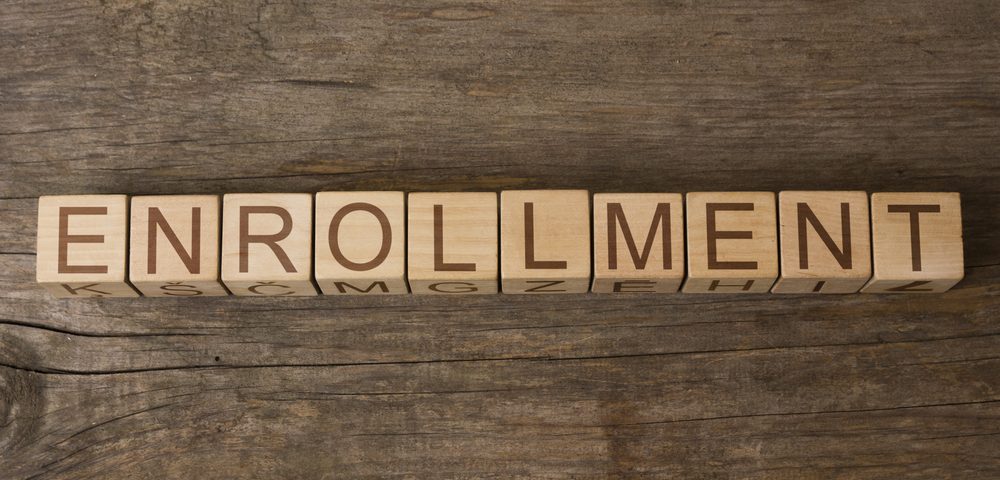Seattle Children’s Hospital is enrolling children and young adults with specific and advanced solid tumors in a Phase 1 clinical trial assessing whether T-cell immunotherapy can treat these abnormal masses in young patients.
The open-label, non-randomized trial is called STRIvE-01 (NCT03618381) and will evaluate the safety, feasibility, and efficacy of administering chimeric antigen receptor (CAR) T-cell immunotherapy to EGFR-positive solid tumors, excluding those of the brain, that have returned or failed to respond to prior treatment (relapsed or refractory).
In this treatment, a patient’s own T-cells will be reprogrammed to recognize and target the protein EGFR, which is expressed by many childhood solid tumors, such as sarcomas, kidney tumors, and neuroblastoma.
EGFR is responsible for normal cell growth and development. BUT EGFR found in malignant solid tumors has been linked to more aggressive and invasive cellular growth.
Scientists will engineer CAR T-cells with EGFR806, a specific antibody with significant antitumor activity, that might selectively recognize tumor cells expressing EGFR. By doing so, they aim to destroy the cancer cells with minimal toxicity to nearby healthy tissue.
The trial’s engineering process will be carried out at the Ben Towne Center for Childhood Cancer Research at Seattle Children’s Research Institute. Researchers expect to enroll 36 patients, ages 1 to 26.
Solid tumors, excluding those of the brain, account for about 30 percent of pediatric cancers. Although the overall cure rate for these tumors is 75 percent, long-term survival is very low for the almost 30 percent of patients whose tumors return.
“Despite employing modern treatments that offer more intensive therapy or new drug combinations for children with solid tumors, we’ve been unable to improve outcomes for our highest-risk patient groups,” Katie Albert, an oncologist at Seattle Children’s and lead investigator for the STRIvE-01 trial, said in a news release. “It is those groups that push us to come up with innovative approaches so that we can see all of our patients cured of their cancer.”
CAR T-cell therapies are approved for certain blood tumors in children, but solid tumors develop in cellular environments that help them avoid the immune system.
“In order for this therapy to be effective against solid tumors and induce remission for our patients, we have to find a way to not only get the CAR T cells into the tumor microenvironment, but also ensure they can survive and thrive there,” Albert said.
STRIvE-01 has two treatment arms, and patients will be assigned to only one. Those in the first (arm A) will receive a single-dose of EGFR806 CAR T-cells for scientists to evaluate the potential treatment’s toxicity and tolerability.
Those in the second arm (arm B) will be given CAR T-cells engineered to target both EGFR and CD19. CD19 is a marker on the surface of B-cells (another type of immune cells).
Here, scientists are following the hypothesis that CD19-positive B-cells will present molecules capable of inducing an immune response to CAR T-cells, which will promote the latter’s expansion and persistence.
“By including a CAR T-cell therapy that targets two proteins, we’re a step ahead in addressing a known challenge with solid tumors — the cancer-fighting T cells won’t hang around long enough to get to the tumor tissues and keep the cancer from coming back,” Albert said.
STRIvE-01’s primary goal is to establish the safety of both EGFR-specific and EGFR-plus-CD19 CAR T-cell infusions. Researchers will also assess the number of successfully manufactured EGFR and EGFR-plus-CD19 CAR T-cell products.
“We recognize that it will likely require a range of therapeutic strategies to manipulate the immune environment enough to cure patients with hard to treat solid tumors,” Albert said. “I’m excited to have the opportunity to incorporate our most advanced immunotherapy strategies into a solid tumor program that I hope will provide families the most effective and comprehensive CAR T-cell treatment options for their child’s cancer.”
Results will also help scientists better understand which approaches may be most effective and should be used in future CAR T-cell trials.
Seattle Children’s is also conducting a similar trial, BrainChild-01 (NCT03500991), for children and young adults with HER2-positive brain tumors. Patients will receive an infusion of cancer-fighting CAR T-cells directly into the brain region where the tumor is located. Researchers here also plan to recruit 36 patients from 1 to 26 years old; information is available by clicking on the trial’s NCT number.


